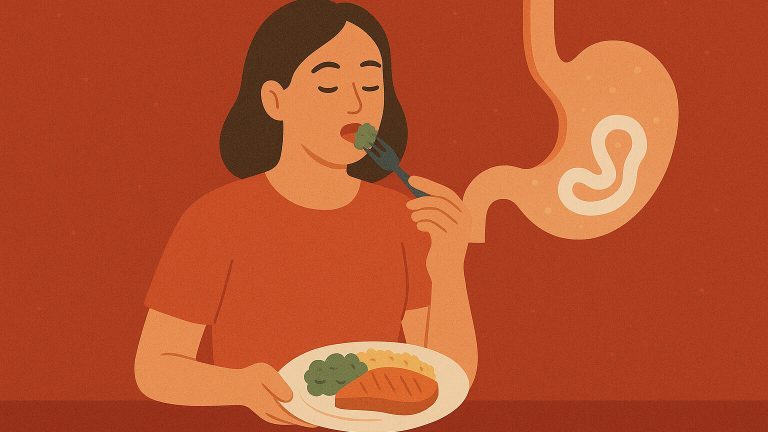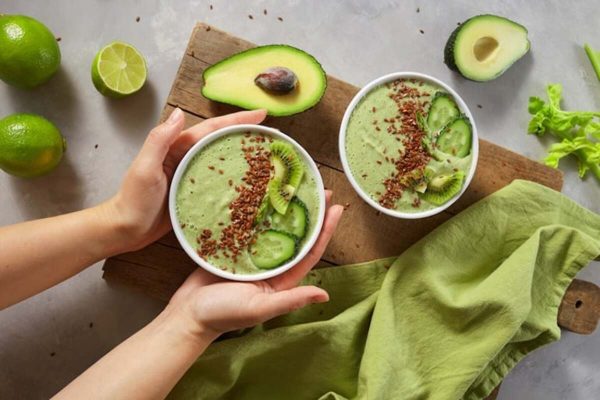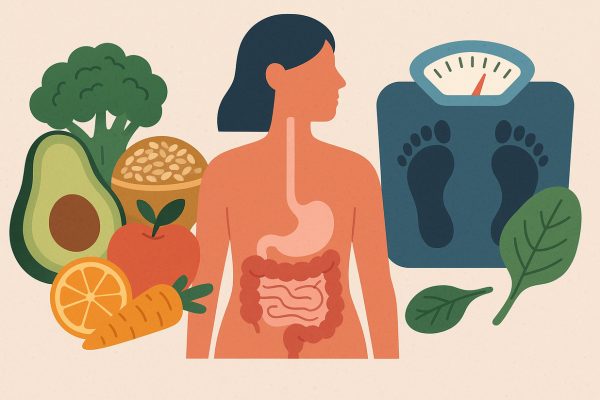Chewing at a slower pace sets the tone for better digestion
In today’s busy routines, eating often happens on the go. Many people rush through meals, barely chewing before swallowing. While this may save time, it can create problems for digestion. Chewing food slowly is more than a polite habit—it’s the starting point of healthy gut function. The body relies on chewing to begin breaking down food, and skipping this step affects everything that comes after.
Taking time with each bite sends signals to the digestive system that food is on the way. Saliva begins flowing, and enzymes activate early. This creates a smoother journey for food through the stomach and intestines. Those who chew slowly often experience less bloating, gas, and discomfort.
Think of eating like a relay race. If the first runner stumbles, the whole team slows down. Chewing is the first handoff. When it’s done well, the rest of digestion has a better chance to succeed.
How chewing starts digestion before swallowing
Digestion doesn’t begin in the stomach—it starts in the mouth. Chewing breaks food into smaller pieces, creating more surface area for digestive enzymes to work. Saliva mixes with the food, beginning to break down carbohydrates and fats even before they reach the stomach.
This early step matters more than it may seem. When food is chewed thoroughly, the stomach and intestines don’t have to work as hard. They can absorb nutrients more efficiently, and food passes through with fewer problems.
People who chew slowly often feel fuller sooner and stay satisfied longer. This is partly because chewing gives the brain time to register what’s happening. It also prevents overeating, which can overwhelm the stomach and lead to sluggish digestion.
Slower chewing means smoother stomach function
Once food reaches the stomach, it mixes with acids and enzymes to continue breaking down. If it arrives in large chunks, the process takes longer and uses more energy. This can delay emptying and leave a heavy feeling behind.
When food is well-chewed, the stomach can process it more easily. Meals leave the stomach at a steady pace, which reduces the risk of heartburn or indigestion. This smooth flow supports the next stage of digestion in the small intestine.
Those who regularly chew slowly often notice fewer stomach aches or feelings of pressure after eating. Their meals move through the body more gently, and the stomach doesn’t need to overwork. This balance is especially helpful for people with sensitive digestion.
Supporting the small intestine’s role in absorption
After the stomach, food enters the small intestine, where nutrients are absorbed. The efficiency of this step depends on how well the earlier stages went. If food arrives too chunky or poorly broken down, absorption becomes harder and less complete.
Chewing slower creates a soft, uniform texture that moves through the intestine more easily. This allows nutrients like vitamins, minerals, and amino acids to absorb fully. When digestion starts strong, the rest of the body benefits too.
Better absorption means more energy, stronger immunity, and fewer nutrient deficiencies. Over time, these improvements build into noticeable health changes, from better skin to improved mood. All of this starts with a slower pace during meals.
Calming the nervous system while chewing
Chewing slowly isn’t just good for the stomach—it also helps calm the mind. Eating at a relaxed pace activates the parasympathetic nervous system. This “rest and digest” mode helps the body focus on healing and recovery.
Fast, distracted eating often happens during stress. The body’s stress response, or “fight or flight” mode, can shut down digestion. This leads to cramps, slow motility, and even nausea. Chewing slowly sends the opposite message: it’s safe to relax and digest.
Some people find that just taking a few deep breaths before a meal changes how they chew. Slowing down creates a quiet space for the body to focus on nourishment. This simple shift helps reduce digestive discomfort and creates a sense of ease.
Reducing bloating and gas with better chewing
One common complaint after meals is bloating. This can come from swallowing too much air or from food that ferments in the gut due to poor breakdown. Both of these issues are often linked to fast eating.
When chewing is rushed, larger food particles reach the intestines. These can sit longer, creating gases as they ferment. Slow chewing reduces the risk by breaking food down earlier and more completely.
Chewing also helps reduce the amount of air swallowed during eating. Less air means less bloating and a calmer belly. Many people notice that just slowing their chewing can lead to flatter stomachs and more comfort after meals.
Improving gut bacteria balance with better digestion
The health of gut bacteria depends in part on what reaches them. When food is poorly digested, it may feed the wrong types of microbes. This can throw off the balance and cause issues like gas, bloating, or irregular bowel movements.
Chewing more thoroughly helps nutrients reach the lower digestive tract in a way that supports healthy bacteria. These microbes thrive on fiber and pre-digested starches that come from well-chewed food. A steady supply keeps them balanced and happy.
A healthy gut microbiome plays a role in everything from mental clarity to immune defense. It begins with how food is handled from the first bite. Giving each mouthful more time helps shape a better environment for these vital microbes.
Slowing down helps prevent overeating
Fast eating often leads to eating more than the body needs. The brain takes about 20 minutes to notice fullness. If food is eaten too quickly, that signal comes too late. This delay can result in discomfort, heaviness, or regret.
Chewing slowly helps sync the brain and the stomach. As each bite is tasted and chewed, the body has more time to process what’s happening. Fullness is felt earlier, and meals end on a more satisfying note.
This habit can help manage weight and improve energy levels throughout the day. People who eat slowly are less likely to feel the need for large portions or snacks. They feel satisfied sooner and experience fewer cravings later.
Creating mindful meals through slower chewing
Many people eat while distracted—watching shows, scrolling phones, or working. This disconnect makes chewing an afterthought. Bringing attention back to each bite turns meals into moments of care and awareness.
Slowing down helps connect the eater to the food. Flavors are richer. Textures are clearer. Even simple meals feel more satisfying when eaten with focus. This habit turns meals into a small break from stress rather than another rushed task.
Mindful chewing doesn’t require fancy tools or diets. It begins by noticing how quickly food is being chewed and making a choice to pause. This change brings more calm into the day and supports better health without adding pressure.
Lasting benefits that start with a bite
Slowing down to chew may seem small, but it makes a real difference. It supports each step of digestion, improves nutrient absorption, and helps the body feel more in tune with hunger and fullness cues. Over time, this single habit can change how meals feel and how the body responds.
Better chewing often leads to fewer stomachaches, clearer skin, and more steady energy. It also builds mindfulness that ripples out into other parts of life—creating more calm, focus, and care with daily habits. It’s not about perfection, but about giving the body what it needs in the moment.
Starting with just one meal a day can open the door to this shift. Paying attention to each bite and chewing fully becomes a form of kindness toward the gut and toward overall health. It’s a simple change that supports the body in ways that matter every day.




